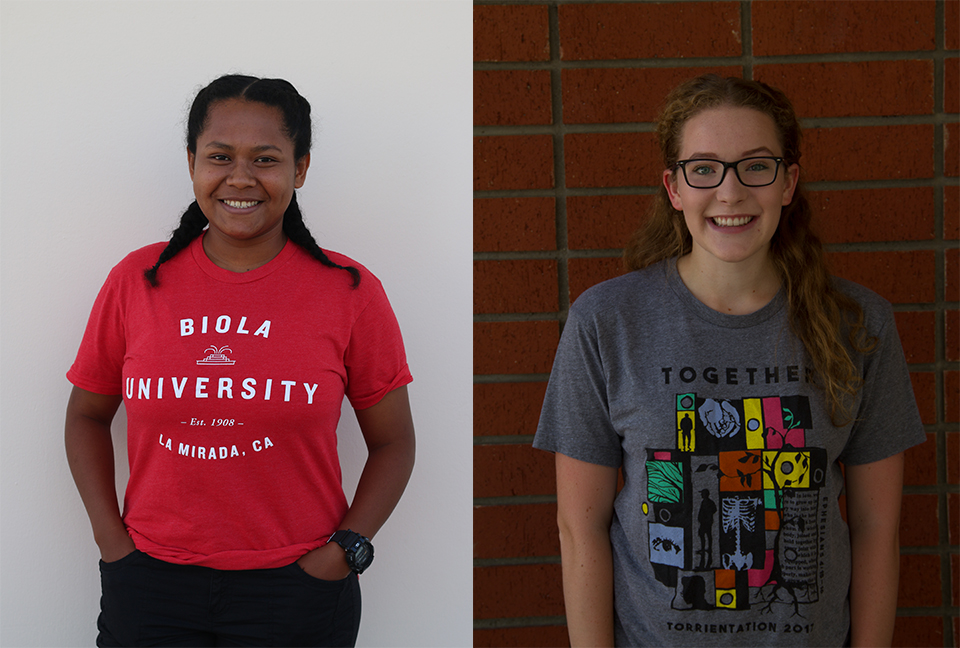New students arrived to a shortened orientation program at the beginning of this semester after a task force adapted the schedule to recent changes in the academic calendar.
Refocussing on essential characteristics
Administration reworked the calendar to extend the length of the summer session from this year onward. To compensate for the instructional days lost due to the extension, the start day of the fall semester moved from Wednesday to Monday. New students, excluding early arrivals, moved in Thursday the week prior instead of Friday to regain one of the two lost days of general orientation. The shorter period of time available gave orientation directors the opportunity to refocus on the essential characteristics of their programs.
Representatives from several departments, including Global Student Programs & Development, the Torrey Honors Institute and the Student Enrichment and Intercultural Department, formed a task force to respond to the new orientation schedule. The task force also discussed the decision to condense the orientations. While the Torrey and general orientations transitioned from a five day schedule to a four day program, the GSPD orientation diminished from five days to three.
tightened, streamlined and strengthened
“There was a lot of debate about three to five days,” said Stephanie Calley, GSPD director. “Some of the major players on the committee… this is their wheelhouse. They go to conferences on orientations. And in fact I had been to quite a few conferences on international orientations, so we all chimed in. All the research says three days.”
“After walking through it this year, I thought that this orientation and the flow of the schedule was very strong, if not stronger than it was before,” said Matthew Hooper, associate dean of students. “It’s arguable that it was actually tightened, streamlined and strengthened because of the change.”
Some advantages of the shortened orientation included an increase in parental involvement, the opportunity to introduce new initiatives such as updated translation services, and a less exhausting experience for students and student leaders, according to Calley.
The shortening of the orientation also lowered the overall costs of the event. The cutting of the beach days in particular from the orientations contributed greatly to reducing expenses. For example, the SOS beach day cost an estimated $16,000 last year excluding student contributions, according to director of new student orientation and transitions Marcy Binuya. However, the price was not the primary motive behind its removal.
“It was just because it takes like half a day,” Binuya said. “Since we lost an entire day you could cut out a bunch of little things, but all of those are things that we’re still supposed to provide in orientation, according to the orientation standards. So we didn’t want to remove any of those.”
an even stronger orientation experience
Junior business major Anthony Raffa, who transferred into Biola this fall, felt the timing of the schedule worked well, even without the beach day.
“Honestly, I think orientation was a really good length because by the end of it, I had already made some friends,” Raffa said. “I think a beach trip would have been cool, but as far as the length, I don’t think it should have been any longer.”
Looking forward, Hooper anticipates receiving feedback about students’ experiences with the new orientation schedule before making a decision about whether to further modify it.
“In my perception, I can just state this was an outstanding year in the midst of new constraints,” Hooper said. “An amazing collaborative effort that I think led to a more streamlined and perhaps even stronger orientation experience which was really exciting and a testimony to the quality of staff we have working on these things.”








